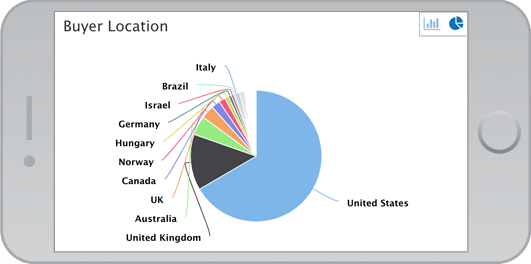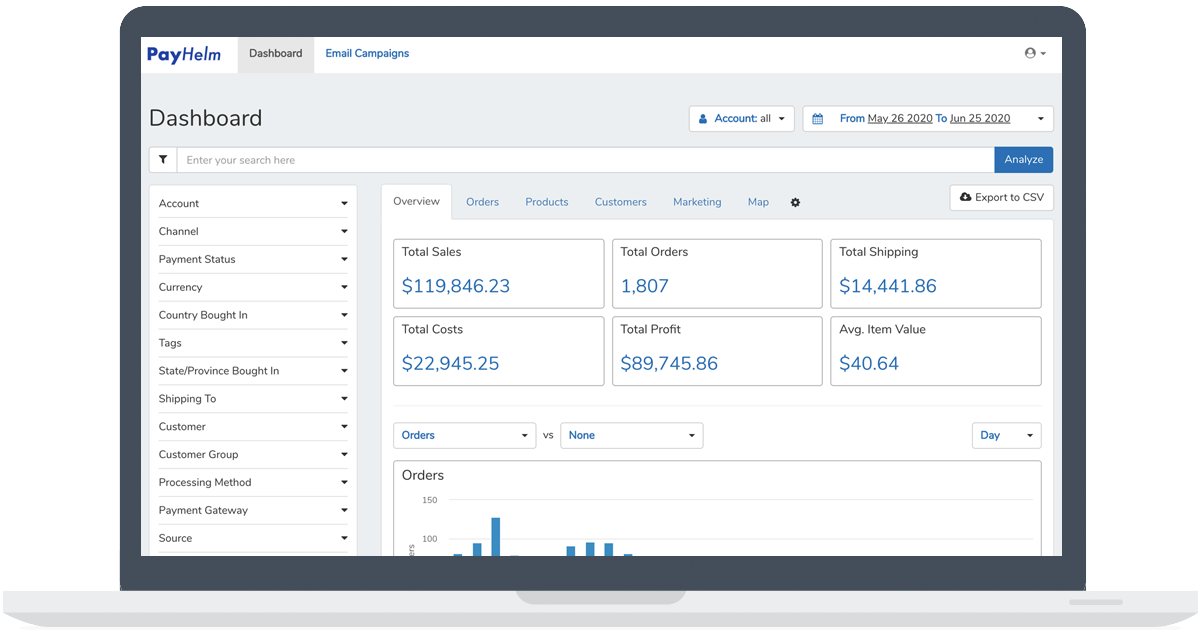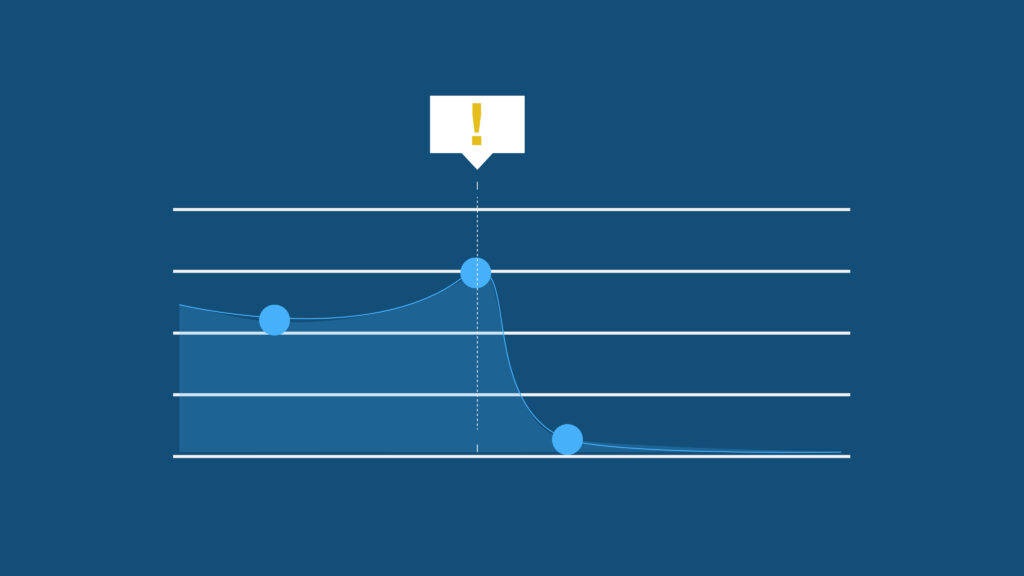Ecommerce owners understand the value of inventory. There is an old saying in retail, “You can’t sell what you don’t have”. This means empty shelves can lead to an empty cash register.
But how does this translate to ecommerce? For an online store, people can’t buy what they can’t see.
Data is one of the most important assets online merchants own. Products can always be replaced, yet missing data may be gone for good if it has been deleted or lost. That’s why a backup strategy is vital to keep your online store’s precious data protected.
Now ask yourself, are you leveraging your Shopify or BigCommerce data for all it’s worth? Chances are you aren’t. Using a Business Intelligence (BI) software tool can supplement your entrepreneurial smarts with data-driven decision making.
BI goes far beyond conventional analytics. It looks at big data, which is produced by even small and medium-sized enterprises. In fact, companies of all sizes are generating, tracking, and aggregating data on an unprecedented scale.
Only a short time ago Business Intelligence came in the form of quarterly or even annual reports, printed and bound as hard copies. By contrast, today’s BI tools work continuously and at warp speed in the cloud. For example, they map purchasing patterns and market trends in detail. Business Intelligence software mines mountains of information transforming it into useful business insights. BI can help you to better understand your customers’ potential problems before they turn into pitfalls.
There are many types of business intelligence. Here are the most important types of data you should be paying attention to in your ecommerce store:
Ad Hoc Reporting
This is just what it sounds like: a BI process wherein dynamic, real-time data reports are created on an as-needed basis. Ad hoc reports are designed to answer a specific business question, usually in response to an event.
Dashboard
This information-management tool visually tracks, analyzes, and displays a business’ key performance indicators (KPIs), metrics, and other relevant data points in order to monitor the health of a business, department, or process.
Drill-down
In computer terms, drilling down means accessing data stored in a lower level of a hierarchical database to reach the details that matter most.

Performance Metrics
These are defined as the statistics that represent a business’s actions, abilities, and overall quality. Here are just a few of the key metrics PayHelm can parse from your treasure trove of data:
- Product analysis by total sales, orders, and average price
- Sales data filtered by time frame so you can compare performance global sales analysis filtered by location
- Product performance analyzed by keyword
- Revenue share by SKU or brand
- Profitability analysis
This allows a company to maximize profits and opportunities to keep itself successful in a competitive and vibrant marketplace. One way to evaluate profitability is by profit margin – i.e., how much profit the company makes from each dollar of sales.
Trend/Problem Indicators
This is where KPIs (key performance indicators) come in. A KPI measures how effectively a business is reaching its target objectives. KPIs for ecommerce include:
- Average order value
- Gross profit
- Conversion rate
- Cost of goods sold
- Visual analytics
Charts and graphs make it easier to see trends and patterns, as opposed to just looking through row after column after row of data in a spreadsheet.
PayHelm offers all of the above, providing essential BigCommerce accounting & insights into costs, profitability reporting, sales, shipping, trends, and even possible problems. It provides real-time analytics, interpreting the ongoing flood of quantifiable customer information and sales data, so you can make decisions based on facts, not guesswork.
But PayHelm does more than just put you in the driver’s seat when it comes to your business’s destiny. It basically provides a control center from which to manage your entire ecommerce enterprise.
So back up your data with Rewind. Then make the most of it with PayHelm, and get the answers you need to help your business thrive and grow!



